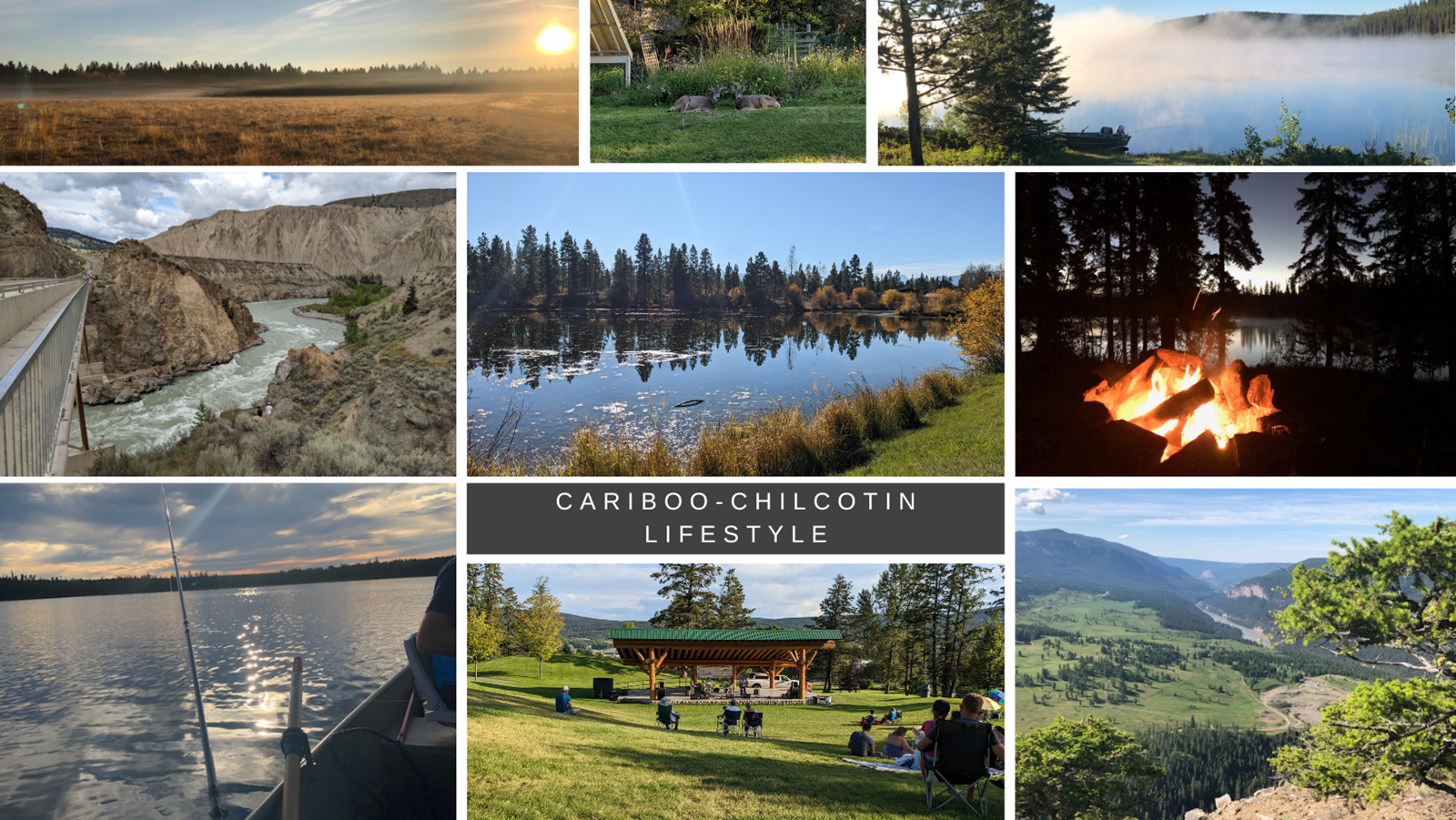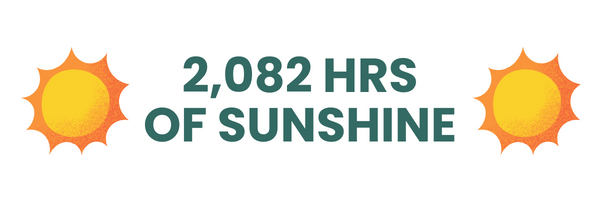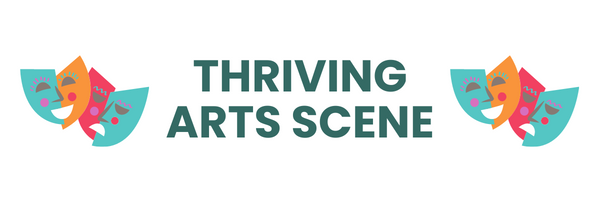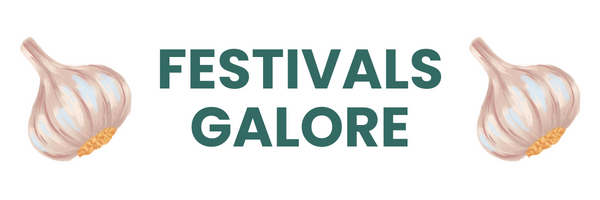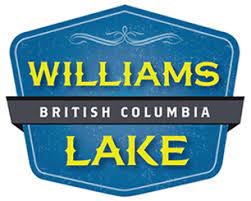The Cariboo-Chilcotin lifestyle has so much to offer! No matter your interests or lifestyle, you will feel a part of the community.
Our district spans a geographic area the size of New Brunswick and offers the best parts of a rural lifestyle with the convenience of nearby larger municipalities. Whether you seek outdoor adventures, artistic expression, cultural immersion, or a deeper understanding of our local indigenous communities, there is something here for you.
Whether you are lounging by the lake, snowshoeing Bull Mountain, or mountain biking on over 300 km of trails, there are many ways to soak up the sun and immerse yourself in nature.
Enjoy a Performance in the Park, visit the Parkside Art Gallery, attend a play or community choir, or tour the murals of downtown Williams Lake.
This is the home of the Orange Shirt Society, where Orange Shirt Day began. Visit the Xat'sull Heritage Village, observe dipnetting in Farwell Canyon, or learn about the local First Nations communities.
Watch extreme sport during the Banff Film Festival tour, try garlic syrup at the annual Garlic Festival,buy hand-crafted gifts from the Medieval Market, or cheer loudly at the Williams Lake Stampede.
Local Government
Cariboo Regional District
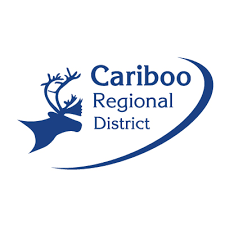
Covering an area of 80,252 square kilometers, the Cariboo Regional District is flanked by the Cariboo and Coastal mountain ranges.
The Cariboo Regional District has created a comprehensive list of the local Indigenous Governments and First Nations communities.
The Cariboo-Chilcotin School District holds Local Education Agreements with seven First Nations communities. These agreements provide an opportunity to build more productive and respectful relationships between First Nations and school districts, ultimately contributing to the creation of school environments where First Nations students can thrive.


